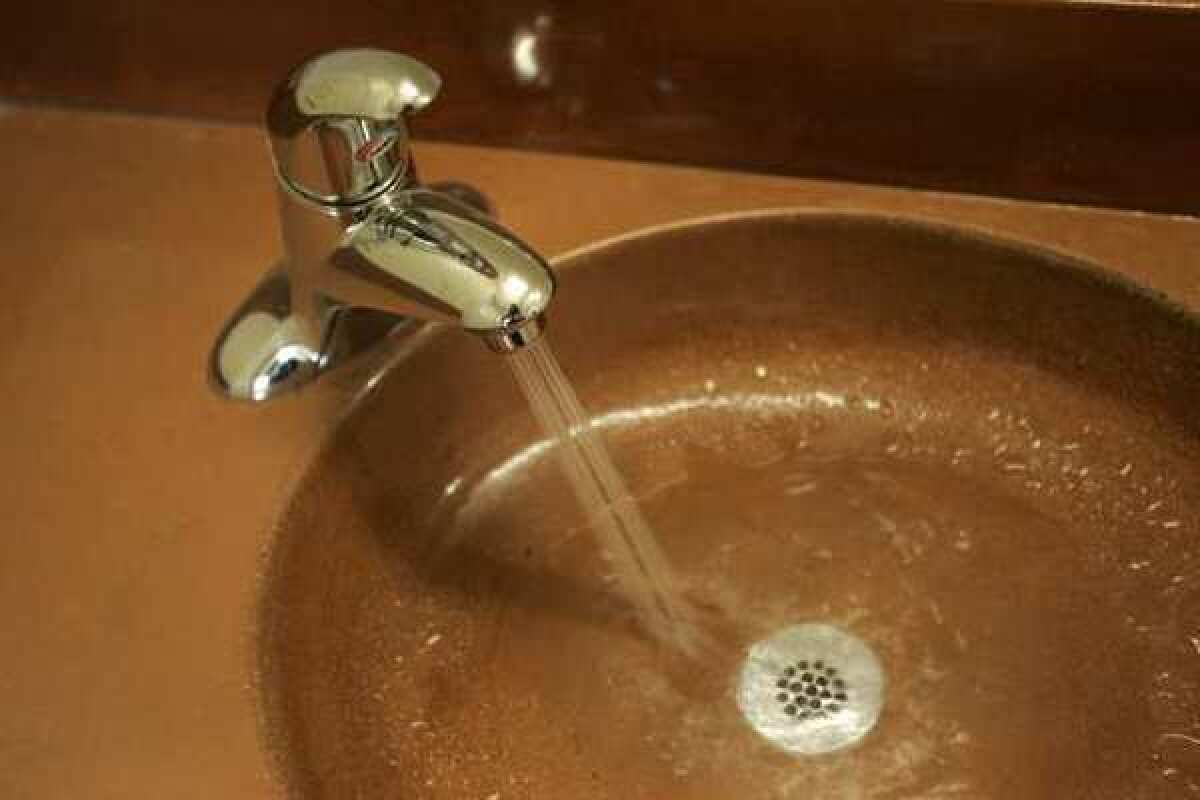Researchers find deadly amoeba in tap water

If you’re worried about picking up an infectious disease this summer, you may be fretting about catching West Nile disease from a mosquito, H3N2v influenza from a pig, or salmonella from a cantaloupe. But for those who like to dabble in pure medical horror, there’s little scarier to ponder than a brain-eating amoeba lurking in your tap water.
That’s exactly what CDC investigators found when they swabbed the plumbing in the houses of two people who died of primary amoebic meningoencephalitis in 2011. The illness, which is extremely rare, strikes when the amoeba Naegleria fowleri travels into the brain through the nose and olfactory nerve, causing fever, vomiting, seizures and coma. It usually kills its victims within a week.
Most of the people who fall ill with amoeba-borne brain infection get it after swimming in warm lakes or rivers in Southern states. But last year, two Louisianans apparently fell ill and died after irrigating their sinuses with neti pots — small pitchers used to pour warm saltwater through the nasal passages.
In the wake of the two deaths, the CDC investigators reported online Thursday in the journal Clinical Infectious Diseases, teams visited the patients’ homes and tested water samples to see if N. fowleri was there. In both cases, the municipal water supply sources, which had been chlorine-treated, were free of the amoeba. But in one patient’s home, investigators found the microbe in a tankless water heater. In the other home, they found it in tub and sink faucets, and on a shower nozzle.
The researchers didn’t find N. fowleri on either patient’s neti pot—but that didn’t mean the amoeba couldn’t have lurked there long enough to infect its victims. To test that possibility, the team conducted an experiment to see if the salt typically added to water used to irrigate the sinuses would kill N. fowleri on contact.
It didn’t — after four hours, the number of amoebae in the solution “did not appreciably decrease or degrade,” the team wrote, concluding that “adding salt mixtures to tap water to prepare and rapidly use nasal irrigation solutions does not seem to inactivate N. fowleri fast enough.”
The team provided tips to avoid infection in the paper. For people using neti pots or other means to rinse their nasal passages, they advised using “sterile, distilled, filtered (using a filter with an absolute pore size of one nanometer or smaller) or boiled water to make the irrigation solution.” They urged rinsing the neti pot with the same sterile, distilled, boiled or filtered water.
For swimmers in warm freshwater, they advised holding the nose shut or using nose clips to keep water from going up the nose and avoiding stirring up sediment in freshwater bodies. They also instructed swimmers to avoid activities in warm freshwater during periods of high water temperature.
One bright spot: “A person cannot be infected with N.fowleri by drinking contaminated water,” they wrote.







